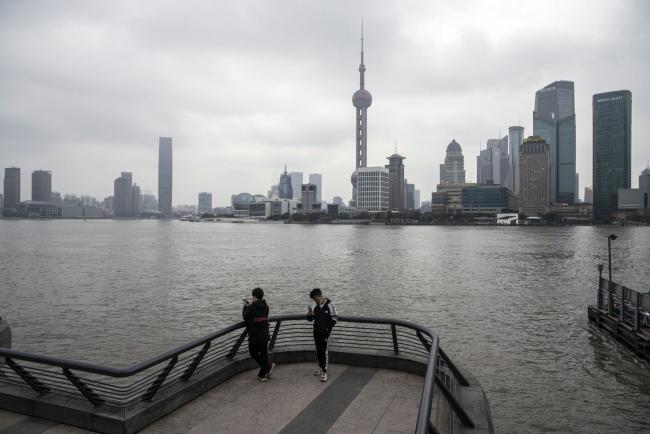China Flags Deeper Clampdown on Debt Growth at Local Banks By Bloomberg

(Bloomberg) —
China’s government told smaller, local financial institutions to step up risk management and avoid “excessive” growth, stepping up a campaign to clamp down on a build up in debt as the economy stabilizes.
At a meeting of the Financial Stability and Development Committee on Thursday, Vice Premier Liu He called for “zero tolerance” on illicit activities, telling regulators to strengthen supervision of shareholders and owners of financial institutions, risk concentration, connected transactions and data authenticity, according to an official statement.
With the coronavirus largely contained and the economy rebounding, policy makers are shifting their focus to de-leveraging, a long-standing goal shelved during the trade war with the U.S. and further delayed by the pandemic. Last year’s stimulus pushed debt to almost 280% of annual economic output, with banks alone doling out a record 19.6 trillion yuan ($3 trillion) in cheap credit.
“The committee meeting signals that China will conduct a systematic review of local financial institutions, especially the ones related to local governments, to resolve risks,” said Cao Heping, an economics professor at Peking University.
The central bank has also told the nation’s major lenders to curtail loan growth for the rest of this year after a surge in the first two months stoked bubble risks, people familiar with the matter have said. At a meeting with the People’s Bank of China on March 22, banks were told to keep new advances in 2021 at roughly the same level as last year.
Over the past three years, the banking regulator has zeroed in on the nation’s about 4,000 small city and rural banks which are struggling with bad loans and poor corporate governance. These institutions have amassed a quarter of total banking assets by the end of last year and their lending growth — fueled by interbank borrowing and shadow financing — has often outpaced bigger rivals.
Confidence in smaller banks was jolted in mid-2019, when regulators seized control of a lender in Inner Mongolia — the first such move in two decades — and imposed losses on some creditors. Authorities have since orchestrated bailouts of two other banks and intervened to quell at least two bank runs by jittery depositors.
©2021 Bloomberg L.P.

